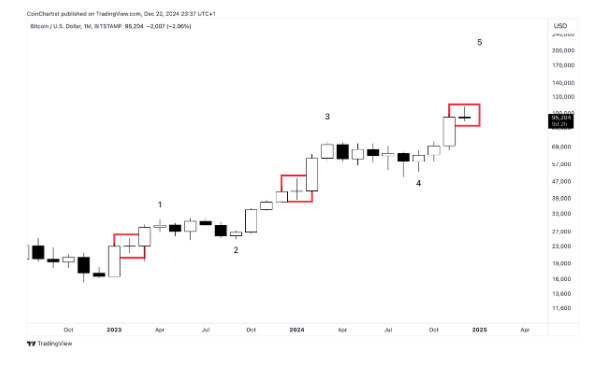
Science is not on anybody’s side. I know: how does a science communicator justify this stance? It’s fairly easy, but we have to ask a classic question in an abstract way. What does the existence of science fulfill?
The Purpose
Science tells a saga that must be followed from its beginnings (or as far back as one can fathom) in order to be fully understood. Exploring one piece of the story only provides a snapshot of the total research that led up to that point. It’s the same with résumés; the best are typically shorter, but it’s not possible to encapsulate your entire body of experiences in one or two pages.
On that note, I believe that no one person, except for historians of science and groups of researchers, come close to understanding science in its entirety. The more we learn, the more we recognize how much we don’t know. Disparaging, right? Maybe a little exciting if, like me, you love to learn.
But I say all of this to set the scene. Science does not need to be understood to that degree. Science builds upon past research and has since the first discoveries were documented and used for society. As such, even though one discovery is a snapshot, it can be a starting point. These are the two ways to explore science — moving backwards to understand historical research and moving forward to understand its implications.
What we are not allowed to do is cherry-pick data points and piece together an unrelated interpretation. That is, by definition, the creation of a story. But science tells its own story, which we are meant to follow.
In this, science reveals its purpose. Science provides a method and a body of study that should be passed throughout the ages to the public. Nothing more, nothing less.
The Problem
Science fulfills the human need for knowledge. Society, generally, understands that science and scientists are authorities on the state of society (social sciences) and the world (natural science). But navigating through the world, either on the streets or on the internet, we often find people saying that science agrees with their agenda or opinion.
Science does not bend to an opinion. Scientists have lost their labs and jobs over injecting their opinions and biases into studies. It is a breathing body of knowledge, however it is not alive. It does not have the capacity to choose what it believes. In this, those that use it to suit an agenda are misunderstanding its objectivity. The question is: does your agenda agree with the literature?
“But Matthew, you’re splitting hairs. What’s the difference between saying ‘the science agrees with me’ and ‘I agree with the science’?” That question is the problem. It makes all the difference. It is far more powerful to state that your agenda is based on science than saying that the science supports your agenda. Why? Well, say that I was a skeptic of climate change.









Leave a Comment